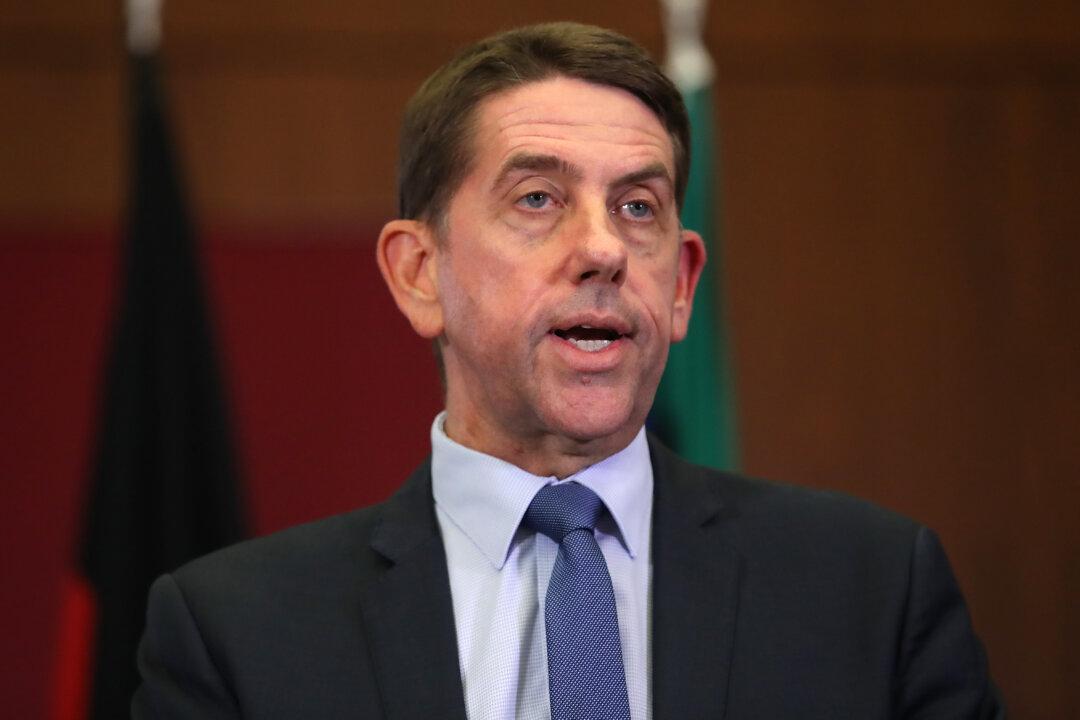The government of the Australian state of Queensland has criticised local mining companies for launching a pre-budget media campaign to protest the state’s sky-high royalty regime, telling them to “respect” struggling households.
This comes after the Queensland Labor government introduced a three-tiered coal royalties system in July 2022 to capitalise on record coal prices in the global market, resulting in mining companies in the state being subject to one of the highest coal tariffs worldwide.





